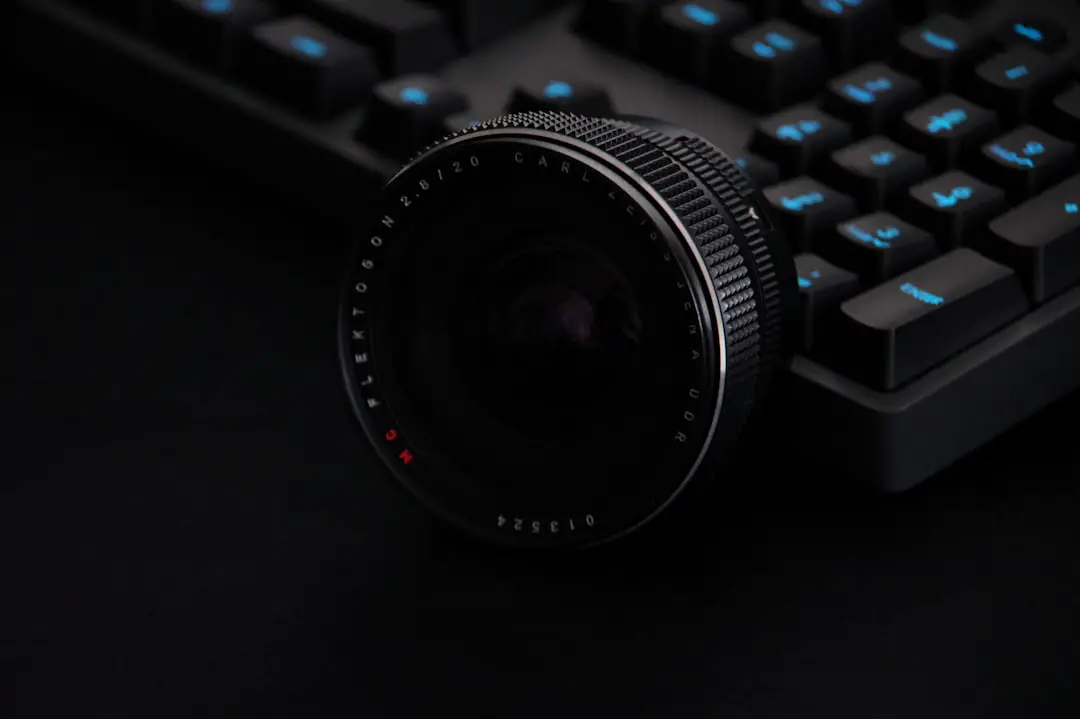In today’s fast-paced digital world, a slow website can drive potential customers away before they ever get to see your content. One of the most common culprits behind sluggish sites is large, uncompressed images. Fortunately, there are many powerful online image compressors that can help reduce image file sizes dramatically without sacrificing quality. These tools are indispensable for web developers, digital marketers, and content creators who want to deliver a seamless user experience. Below is a comprehensive look at the 10 best online image compressors that can help speed up your website.
1. TinyPNG
TinyPNG is one of the most well-known image compression tools online. Despite its name, it supports both PNG and JPEG formats. It uses smart lossy compression techniques to reduce file sizes while preserving transparency and image quality.
- Supported Formats: PNG, JPEG, WebP
- Upload Limit: 5MB per image (Free) or higher with Pro version
- Best For: Designers and developers who need quick compression with minimal quality loss
2. ImageOptim
ImageOptim is a favorite among Mac users. While primarily a desktop app, it also offers an online version that simplifies bulk image optimization. It focuses on delivering the smallest file size possible with the highest visual fidelity.
- Supported Formats: JPEG, PNG, GIF, SVG
- Upload Limit: Varies, excels in bulk processing
- Best For: Professionals needing top-tier compression with privacy

3. Compressor.io
Compressor.io offers both lossless and lossy compression and supports four major image file formats. Its simple interface makes it an excellent option for beginners.
- Supported Formats: JPEG, PNG, GIF, SVG
- Upload Limit: 10MB per file
- Best For: Users looking for multi-format support and a balance between quality and size
4. Optimizilla
If you’re looking to optimize multiple images at once, Optimizilla is a great free tool. With the ability to batch upload up to 20 images, this platform is perfect for webmasters with large image needs.
- Supported Formats: JPEG, PNG
- Upload Limit: 20 images per batch
- Best For: Bulk compression with a good quality-to-size ratio
5. Kraken.io
Kraken.io is a powerful cloud-based tool that provides robust optimization with both lossy and lossless modes. Its Pro version includes advanced features like URL image fetching and API access.
- Supported Formats: JPEG, PNG, GIF, SVG
- Upload Limit: Depends on plan; generous limits in Pro
- Best For: Businesses seeking automation and advanced options
6. Squoosh
Developed by Google, Squoosh is a sleek and modern image compression tool. It works directly in the browser and supports advanced features like multiple compression engines for a wide variety of formats.
- Supported Formats: JPEG, PNG, WebP, AVIF
- Upload Limit: No specific limit, browser-powered
- Best For: Developers and designers experimenting with cutting-edge formats
7. ILoveIMG
ILoveIMG offers a wide array of image-related tools, including compression, resizing, and watermarking. It’s ideal for those who want an all-in-one image management solution online.
- Supported Formats: JPEG, PNG
- Upload Limit: Varies by file type and batch size
- Best For: Multi-relational file editing and compression
8. JPEG-Optimizer
This lightweight tool is ideal for those focused on optimizing JPEG files specifically. JPEG-Optimizer offers the ability to compress and resize images in one go, making it particularly appealing to bloggers and small businesses.
- Supported Formats: JPEG only
- Upload Limit: 10 files per session
- Best For: Basic JPEG compression with resizing capacity

9. Resize Photos
For users who want a simple way to compress and watermark photos before uploading them to a site, Resize Photos does the trick. It has options for both compression and customization.
- Supported Formats: JPEG, PNG, GIF
- Upload Limit: Up to 5MB per image
- Best For: Bloggers and social media users
10. Ezgif
Ezgif is more than just an image compressor; it also includes an entire suite for GIF editing. That makes it perfect for users handling moving images while also needing size reductions.
- Supported Formats: GIF, PNG, JPG, WebP
- Upload Limit: 35MB per file
- Best For: GIF lovers and meme creators
Why Online Image Compression Matters
According to research, even a one-second delay in website loading time can reduce customer satisfaction by 16%. Speeding up your website by using image compressors can help:
- Reduce Bounce Rates: Faster page loads keep users engaged
- Improve SEO: Google prefers faster websites
- Save Bandwidth: Smaller images decrease server burdens
Conclusion
Online image compressors are an essential tool in the arsenal of anyone running or creating a website. Whether you’re a designer looking for visual perfection or a small business owner trying to increase site performance, there’s an option for you. From tools like TinyPNG and ImageOptim to more comprehensive platforms like Kraken.io and ILoveIMG, these services can revolutionize how your site serves up images—leading to a better user experience and stronger web performance.
Frequently Asked Questions (FAQ)
- Q: What is the difference between lossy and lossless compression?
- A: Lossy compression removes some image data to reduce file size, which might slightly degrade quality. Lossless compression retains all the original data.
- Q: Can image compression affect SEO?
- A: Yes, faster-loading pages are favored by search engines. Compressed images help reduce load times, thereby improving SEO performance.
- Q: Are these tools safe for sensitive or private images?
- A: Most image compressors do not store your images permanently. However, for sensitive materials, tools like ImageOptim and the Pro version of Kraken.io offer better privacy controls.
- Q: How often should I compress images for my website?
- A: Every time you upload new images. Keeping image sizes small is a continual effort that should be part of your website maintenance strategy.
- Q: Will repeated compression degrade image quality over time?
- A: Yes, especially with lossy compression. It’s best to keep an original, uncompressed copy of your images and only compress when needed.
